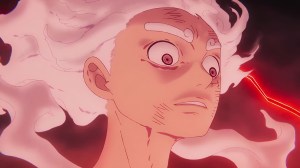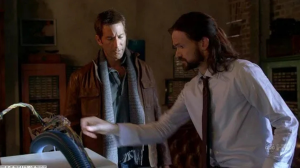2019’s Joker made plenty of headlines when it was released, becoming one of those standalone films outside the DCEU that truly resonated with audiences. Todd Phillips’ movie earned $1 billion at the global box office – the first R-rated movie to ever do so – and received 11 Oscar nominations, with Joaquin Phoenix winning Best Actor. With its dark and provocative tone, the film explores Arthur Fleck’s descent and presents a harsh portrayal of social alienation, neglected mental health, and urban violence. Yet, despite its popularity with viewers, critics had a more divided response – and to be fair, their arguments do hold weight.
Videos by ComicBook.com
Much of the criticism stemmed from the narrative’s lack of depth and the unsettling message the film seemed to convey. Even with all its symbolic elements, not everything fits together smoothly (and Joker: Folie à Deux only clears up a few things – if any at all). With bold storytelling choices and ambiguous moments, Joker left several questions unanswered. What are they?
The Death of Bruce’s Parents
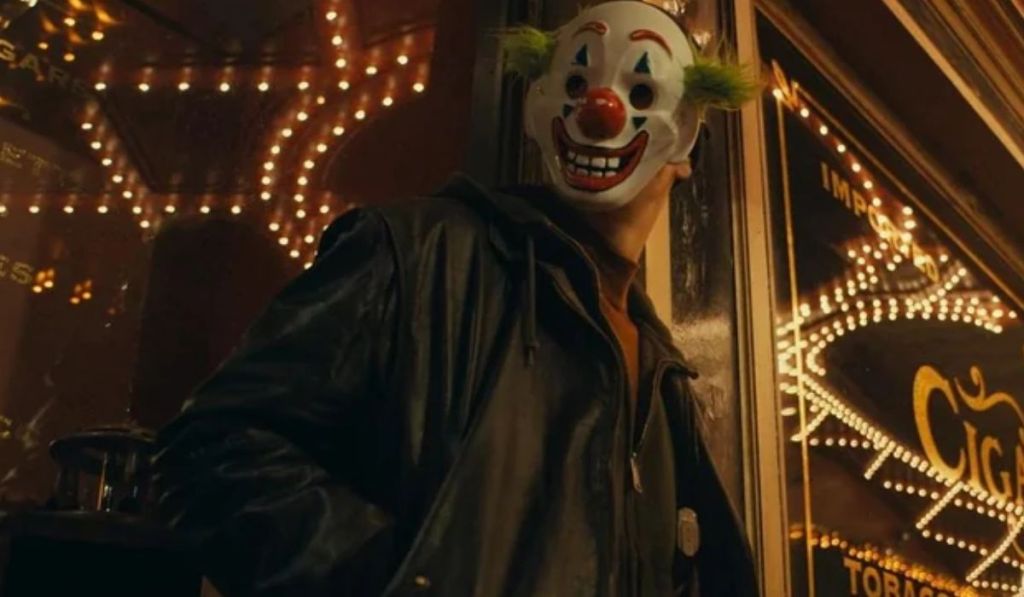
In Joker, there are elements in the story that simply defy the film’s own internal logic – and this is one of them. Everyone knows the story of Batman’s parents’ death, but in this villain’s (or rather, anti-hero’s) movie, it serves no real purpose – not even for the sequel. Somehow, it feels like this scene was included in the script out of obligation, as if it had to be there just because it’s become such a defining moment within the superhero genre. Even if one could overlook it due to the symbolic link between Batman and the Joker, the way it’s written makes it feel even more unnecessary: during the final riots, out of nowhere, a random man in a clown mask shoots Bruce’s parents, rips off the pearl necklace, and walks away.
What could have been a deeply symbolic moment – since it was going to be included in the script – ends up becoming a throwaway detail. The scene offers no new perspective on the character, adds nothing to the central plot, and ultimately feels meaningless. Joker maintains a personal, introspective tone throughout, focusing on Arthur’s psychological unraveling. Then suddenly, right in the middle of the chaos, we get a scene pulled straight from Batman’s origin story – a jarring interruption that shifts the focus and breaks the film’s rhythm. It’s a repetition, just another echo of something we’ve already seen far too many times.
[RELATED: Why The Joker Doesn’t Have an Official Origin Story (And Doesn’t Need One)]
The Talk Show Appearance
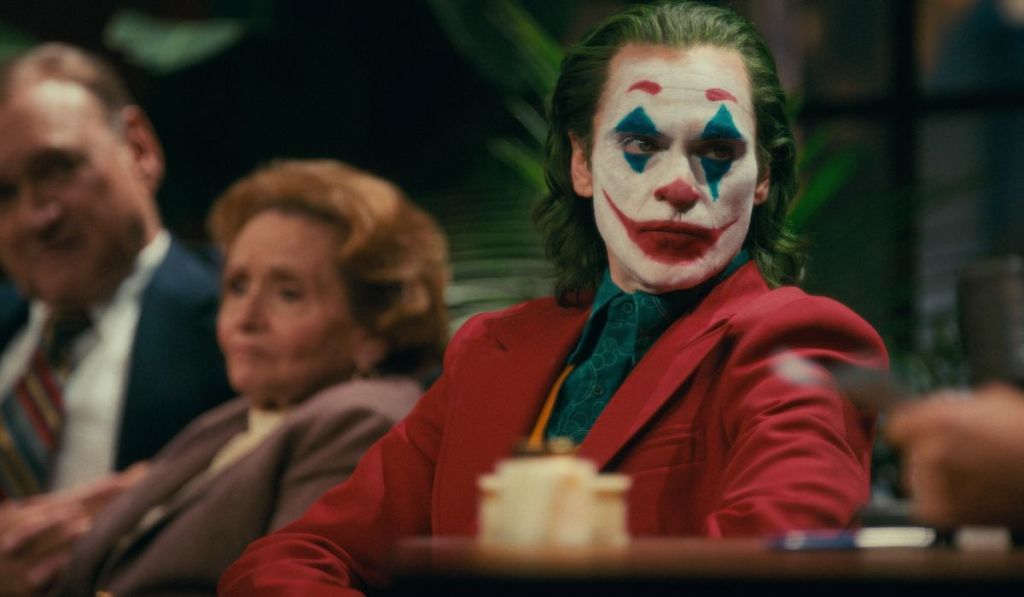
Perhaps the most absurd thing in a story that, despite its dark tone, tries to be more grounded than the typical tale of heroes and villains. Joker tried to show society’s cruelty toward Arthur, but why didn’t it stay consistent when he was interviewed by Murray Franklin on live TV? This is the film’s climax – a shocking moment when Arthur confesses to the murders, condemns society, and then shoots the host on air. But it feels a bit contrived, especially considering that by the time he shows up to the studio fully dressed and made up as the Joker, you’d expect he would already be considered a suspect (Gary would’ve gone to the police by then too, right?). And yet, everyone seems to ignore it.
The talk show scene takes place at the very end of the movie – a lot has happened by that point. Arthur has embraced his identity, so how was he allowed to walk into a national TV studio without being stopped or arrested? Even if Murray was interested in having him on the show, that alone wouldn’t override basic security or common sense in the real world. On top of that, why would the network take so long to cut the broadcast after the host is murdered live on air? Sure, it adds drama and heightens the chaos of the moment – but from a narrative standpoint, it doesn’t hold up.
The Message of the Film
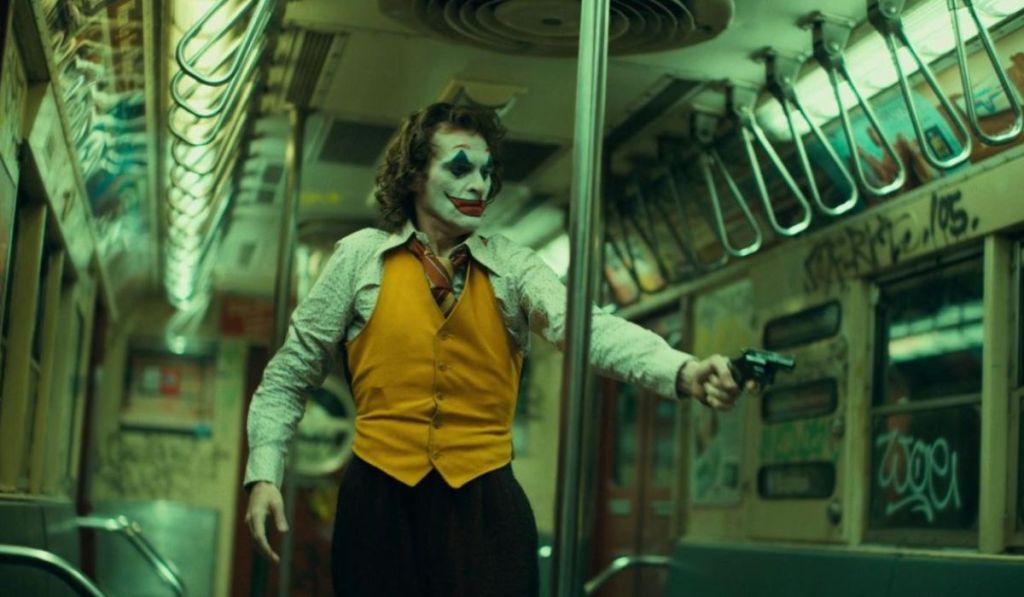
The message is undoubtedly meant to be the central point of Joker – or at least, it should be. However, it ends up completely drowned out by narrative chaos and striking visuals. Despite its success with audiences, Joker also sparked a number of controversies, especially due to accusations of inciting violence or humanizing a character who traditionally represents chaos and destruction. Many fans pushed back on that interpretation, but one thing feels hard to deny: the film’s purpose was never really clear, either from a distinctly “Joker” perspective, or perhaps because it didn’t quite know what it wanted to say in the first place.
When you try to make sense of the plot, the confusion kicks in right away. Is it an origin story for Batman’s iconic villain? A drama about mental illness? A social critique on inequality and neglect? An attempt to make the audience sympathize with a man on the edge? Or is it all just the delusion of Arthur Fleck’s disturbed mind? (A theory fueled by its final moments.) The truth is, the film touches on all of these themes, but never commits to any of them. It raises questions but doesn’t explore them; it gestures toward meaning but never settles on one. It’s a beautifully stylized mess – but a mess all the same.
Joker is available to stream on Max.



